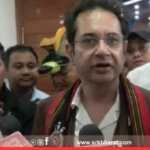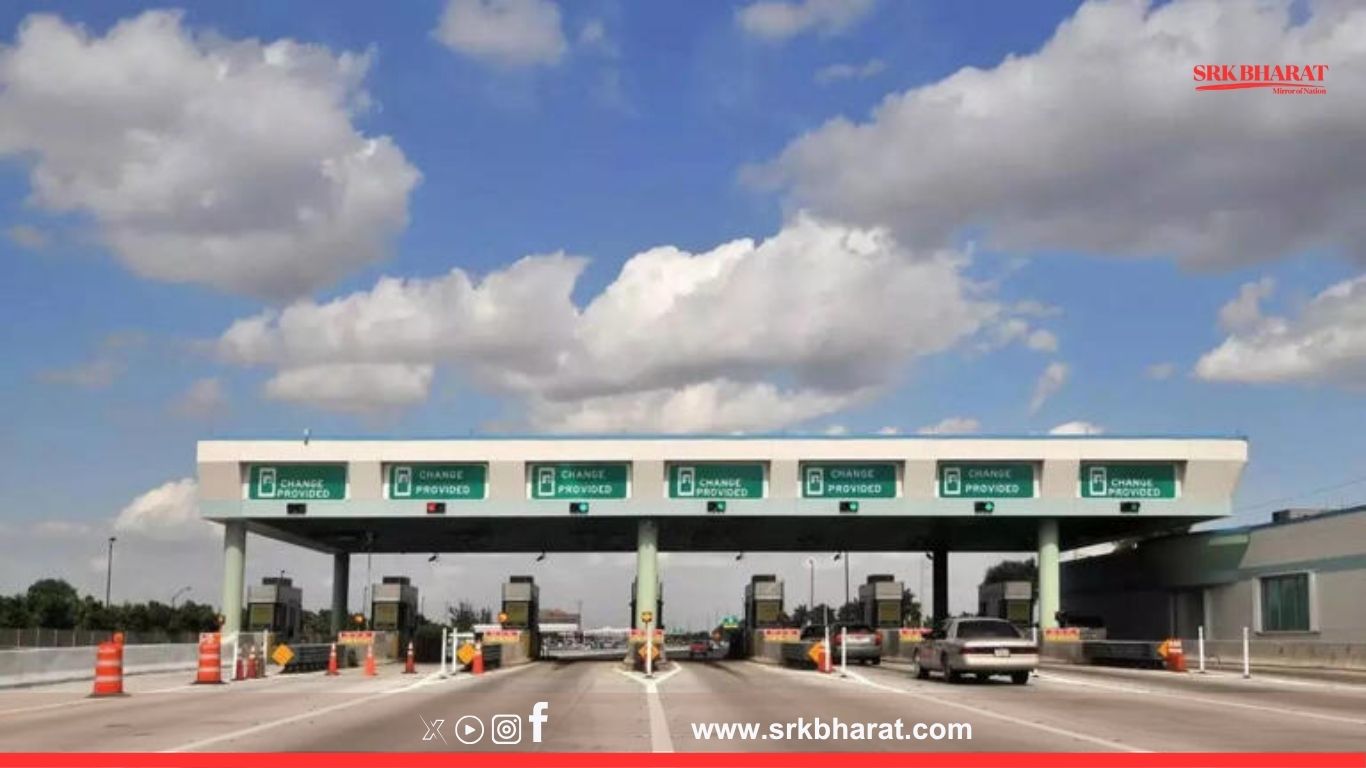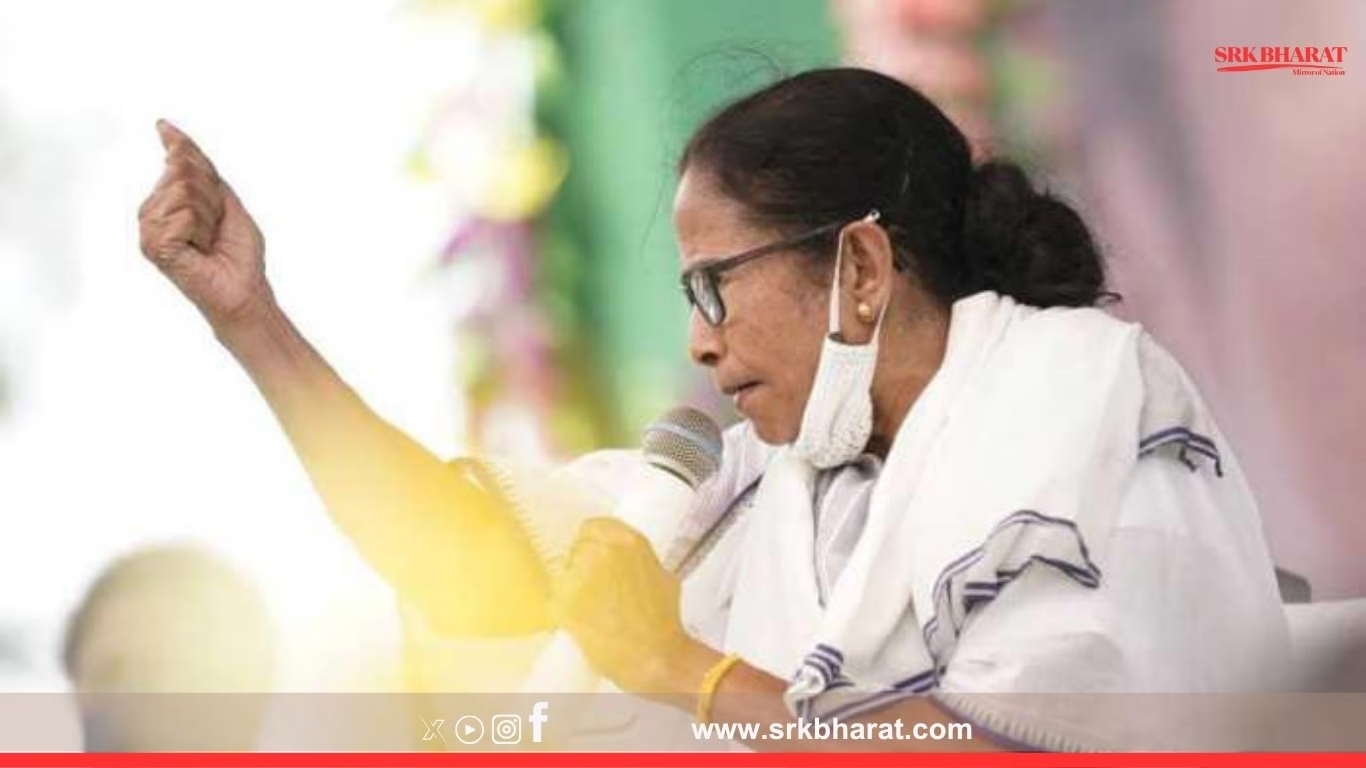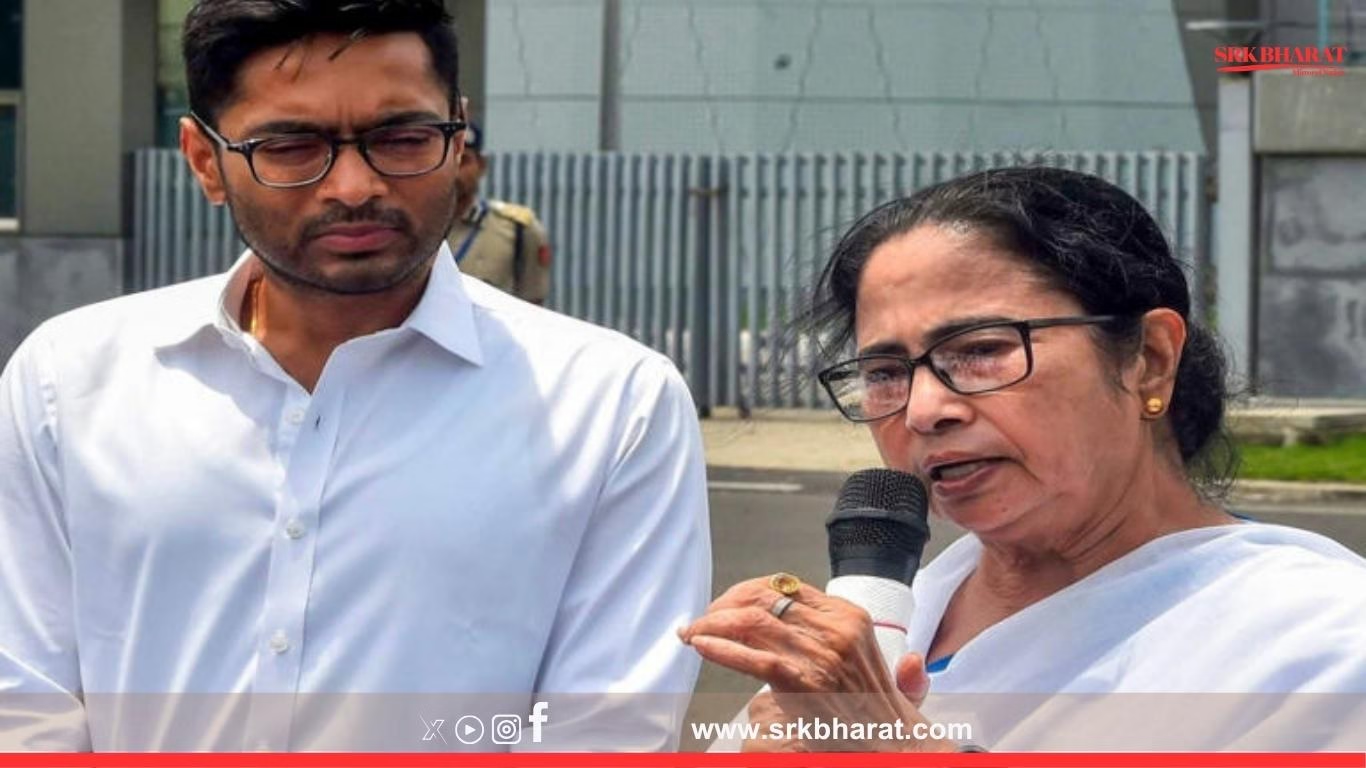In a major relief for commuters, the Union Ministry of Road Transport and Highways has approved a new policy to cut toll rates by 50% on national highways where more than 50% of the stretch comprises elevated structures, such as flyovers, underpasses, bridges, and tunnels.
🛣️ Key Policy Highlights
- New Toll Cap: Toll on structured stretches will now be capped at 5x the base rate, down from the earlier 10x multiplier
- Applies to: Highways, ring roads, and bypasses with over 50% elevated or tunnelled sections
- Implementation: The revised toll structure will be notified in the coming days and rolled out across eligible stretches
This move is expected to benefit commuters on urban expressways like the Dwarka Expressway, where elevated structures dominate the route. For instance, a one-way car trip on the 28.5-km Dwarka Expressway currently costs ₹317, but under the new rule, it will drop to around ₹153.
🚗 Who Benefits?
- Private vehicle owners: Especially those not using the upcoming Annual Toll Pass scheme
- Commercial and heavy vehicles: Will see significant cost savings on high-structure corridors
- Urban commuters: Using bypasses and ring roads in cities like Delhi, Mumbai, and Bengaluru
📊 Why the Change?
The government aims to rationalize toll charges and ensure fair pricing for infrastructure usage. Elevated corridors are capital-intensive, but the earlier toll formula was seen as excessive and inequitable, especially for short-distance urban travelers.
“This is a step toward equitable tolling and commuter-friendly infrastructure financing,” said a senior ministry official.
🔁 Related Reforms
The toll rate revision comes alongside broader reforms, including:
- Introduction of Annual and Lifetime Toll Passes
- Pilot projects for satellite-based tolling and ANPR-based barrier-free toll collection
- Enhanced transparency under the National Highway Fee Rules, 2008
🔁 Share this article to inform commuters and logistics operators about India’s evolving toll policy and infrastructure reforms.











